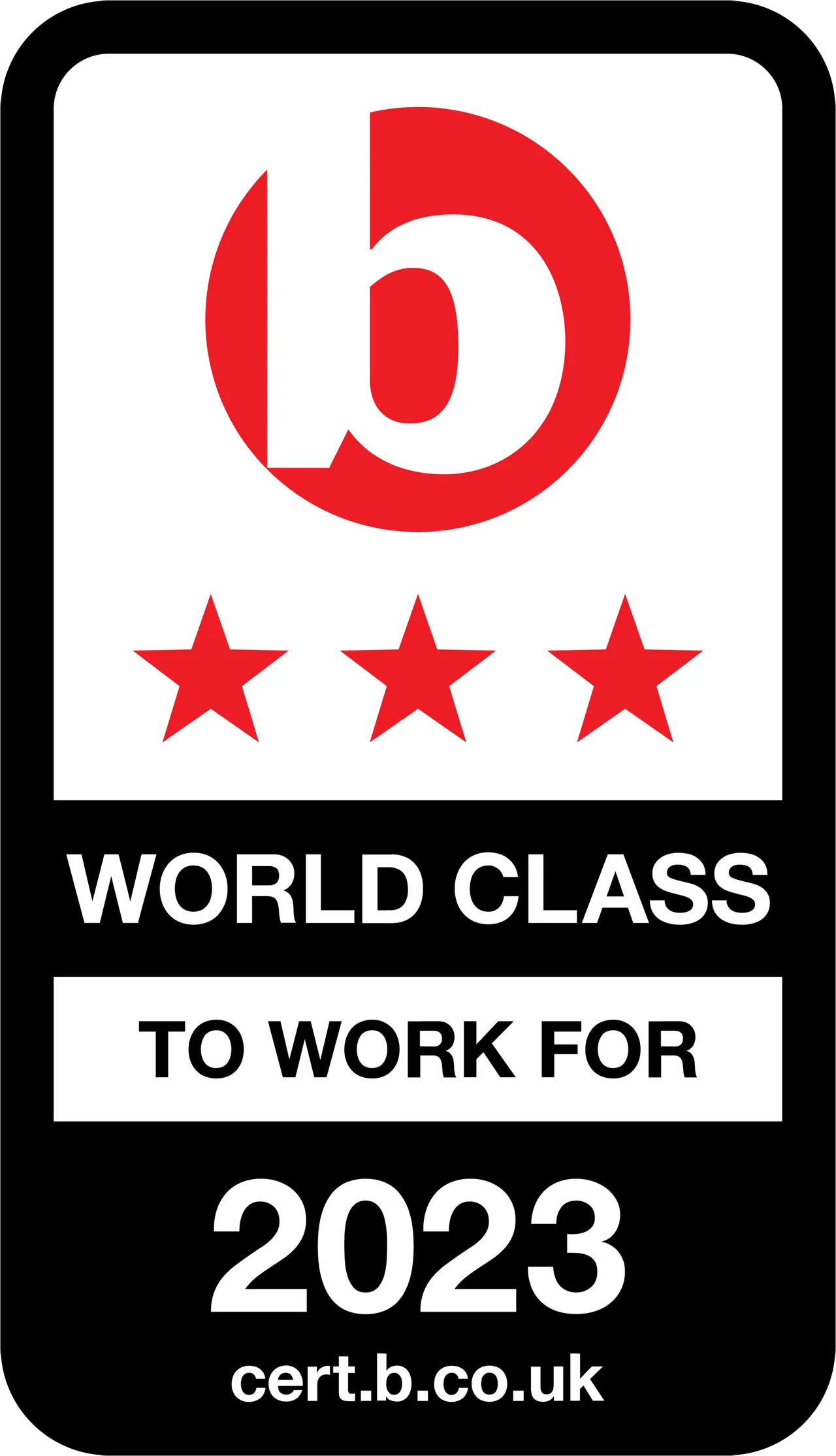10 tips to get your CV short-listed
30 Jan, 20177 minutesTip 1: Don’t be dullSupercharge some of the statements on your CV by using the “So what?” te...

Tip 1: Don’t be dull
Supercharge some of the statements on your CV by using the “So what?” test. Imagine you have an employer sitting next to you as you write your CV who asks “So what?” after every statement.
Tip 2: Use Power Verbs
Use power verbs to give added impact to the statements on your CV.
Tip 3: Use keywords
Use keywords and phrases. Many organisations use automated screening of CVs (even for senior roles) so having the right keywords and phrases in your CV is vital.
Tip 4: Keep it short
Keep it short and sweet. You often see CVs of five or more pages. Unfortunately recruiters simply don’t have time to read very lengthy CVs so try to get everything on to two pages or three pages at the most.
Tip 5: Keep it succinct
Don’t use 20 words when 10 will do. As well as using power verbs you can also use “CV Shorthand” to express your key points in a less “wordy” style.
Tip 6: Keep your CV focused
Make sure your CV is focused on a specific role.
Tip 7: Consider changing your job title
Some companies use weird and wonderful job titles that make perfect sense internally but don’t mean much to the outside world. So if you are a “media fulfilment officer” when you actually manage your company’s website, consider changing the job title on your CV to “web manager” which accurately describes what you do and is a title that recruiters might actually search for.
Tip 8: Don’t send out the same CV for every job
Most job hunters send out the same CV for every job…this just doesn’t make sense. You should customise your CV for every job application.
Tip 9: List your achievements
It’s important to list your career achievements on your CV.
Tip 10: Check for spelling and grammar mistakes
An obvious one but most employers agree that the single biggest reason for rejecting CVs is spelling and grammatical mistakes.
Conclusion
Spending some time improving your CV can dramatically increase your chances of getting short-listed for interviews. All you have to do is to use some of the tips described above. If you do, you should see an increase in positive responses from your job applications.
If you don’t have time to make all of the adjustments above, start by making sure that your CV is error free and that it is customised for the job you are applying for. Those two simple changes should increase your success rate.



.jpg)








